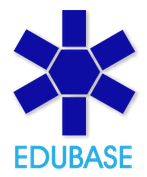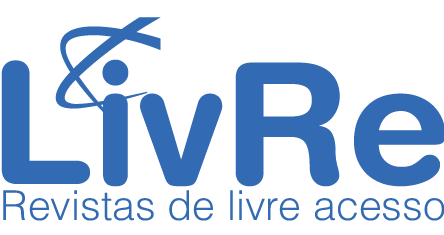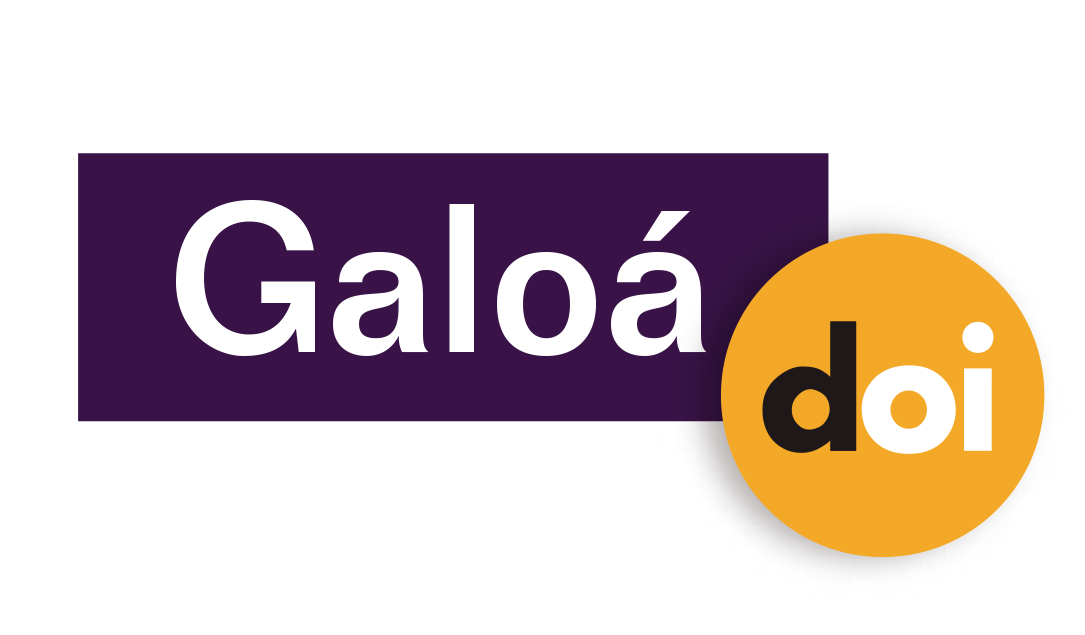Exploring Bachelard’s Epistemological Obstacles in Physical Chemistry Textbooks: The Case of Thermodynamics Concepts
Resumo
Background: Although textbooks are used at all education levels, they are not free from errors, mistakes, and misconceptions. In the literature, many works have investigated textbooks in various ways, with particular emphasis on the influence of language. Objectives: The objectives of this study were to identify types of epistemological obstacles, according to Gaston Bachelard’s philosophy, associated with the classical thermodynamics concepts in higher education physical chemistry textbooks commonly utilised in chemistry and related programs in Brazil. Design: We employed a qualitative methodology based on content analysis to identify thermodynamics concepts and types of epistemological obstacles in higher education textbooks. Setting and participants: For the identification of epistemological obstacles, we selected three representative textbooks used in university programs: P. W. Atkins, D. Ball, and I. Levine. Data collection and analysis: We only analysed the chapters that addressed classical thermodynamics, specifically focusing on the concepts of temperature, heat, work, energy, internal energy, and entropy. We used a priori categories that encompassed the obstacles identified by Bachelard. Results: Our findings revealed the presence of general knowledge, verbal, substantialist, and realist obstacles in the selected textbooks, with the concepts most associated with these obstacles being heat, energy, and entropy. Conclusions: By applying Bachelard’s ideas, we were able to identify epistemological obstacles in higher education textbooks. This may be one of the causes of the perpetuation of misconceptions and historical, scientific errors related to the concepts of thermodynamics.
Palavras-chave
Chemistry teaching; Analogies in science education; Thermodynamics concepts; Textbooks; Bachelard’s philosophy
DOI: https://doi.org/10.17648/acta.scientiae.7781
Apontamentos
- Não há apontamentos.
Direitos autorais 2023 Camila Greff Passos, José Daniel Souza, Paulo Augusto Netz

Esta obra está licenciada sob uma licença Creative Commons Atribuição 4.0 Internacional.
ANÚNCIOS
Informamos que, a partir de outubro de 2025, devido ao grande número de artigos na fila de submissão, está suspenso o aceite de submissões. Rebriremos em fevereiro de 2026.
Mais, informamos que sites fraudulentos, https://periodicos-ulbrabr.org e https://periodicos-ulbrabra.org, estiveram se passando pela Acta Scientiae, utilizando nosso nome e identidade visual e até solicitado taxas de APC, que nós não cobramos. Aconselhamos cautela para evitar serem enganados por sites semelhantes.
Conceito A2 na Capes(2021)
Índice h5 do Google Scholar: 13
Índice mediana h5 do Google Scholar:24
eISSN: 2178-7727
Indexações:
A Acta Scientiae é indexada em: | Scopus |  | Latindex |  | Edubase (SBU/UNICAMP) |
 | Sumarios.org |  | Google Scholar |  | Portal LivRe (CNEM) |
 | Journals for Free |  | REDIB |  | Galoá DOI |

Todos os trabalhos publicados aqui estão sob uma licença Creative Commons - Atribuição 4.0 Internacional.
